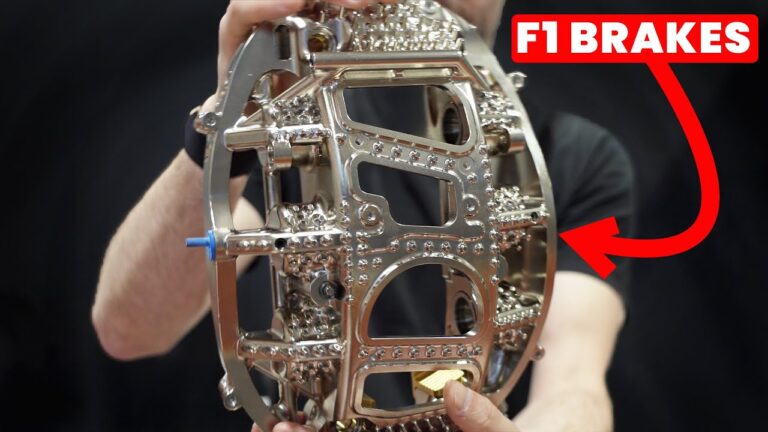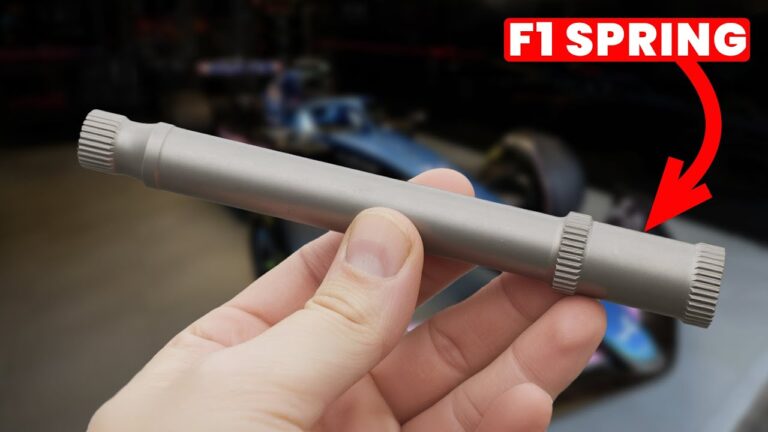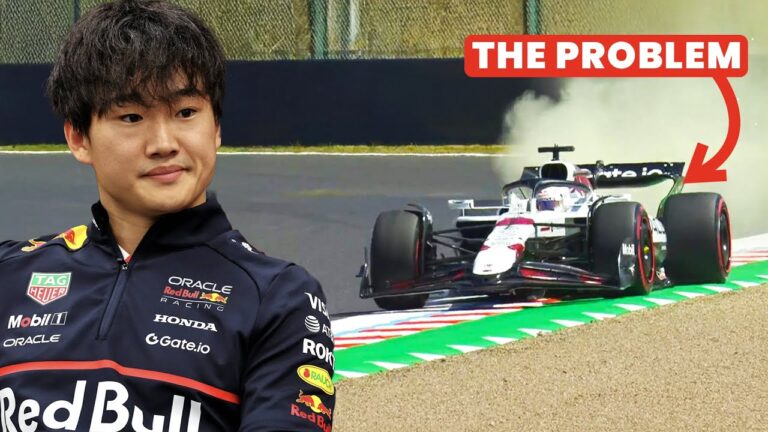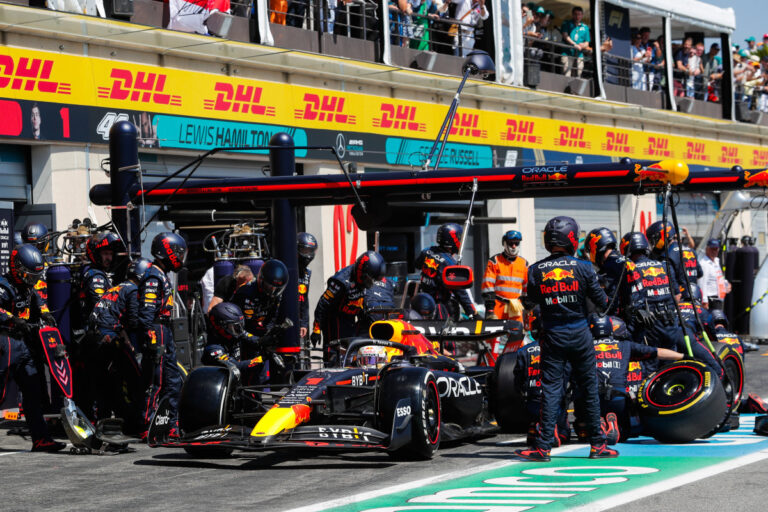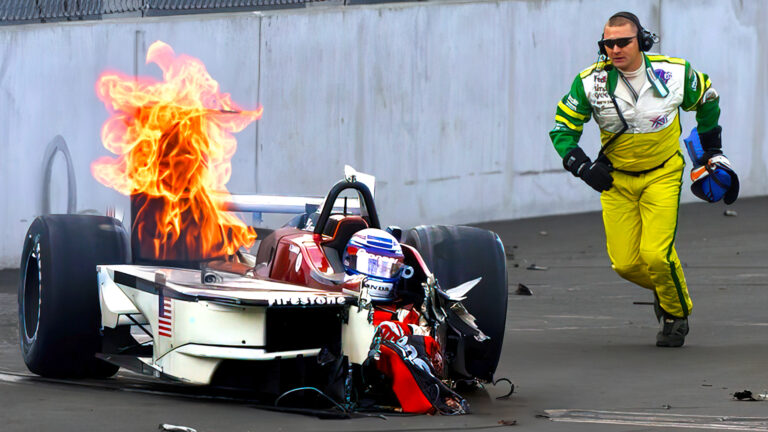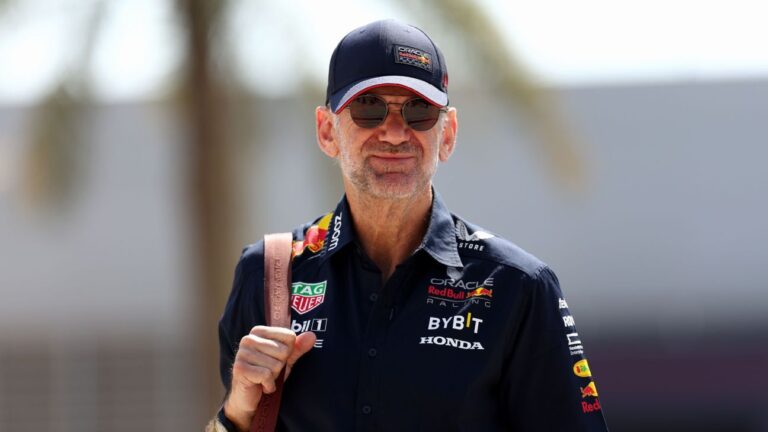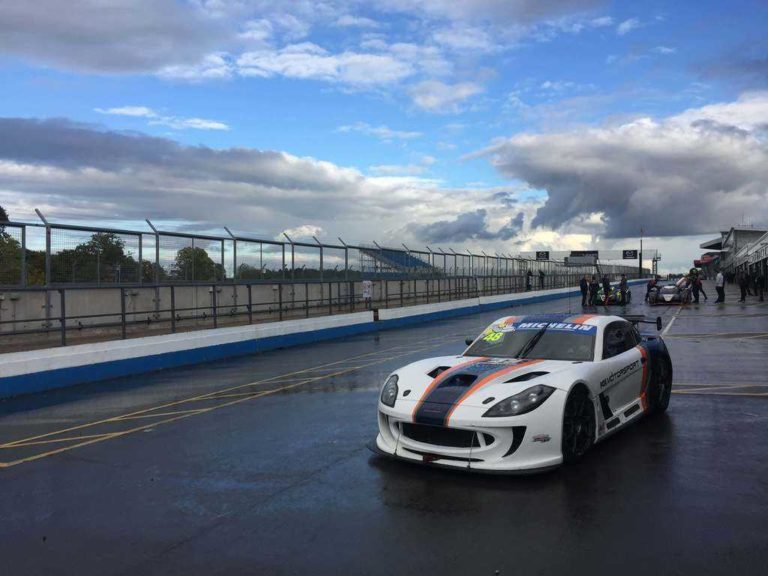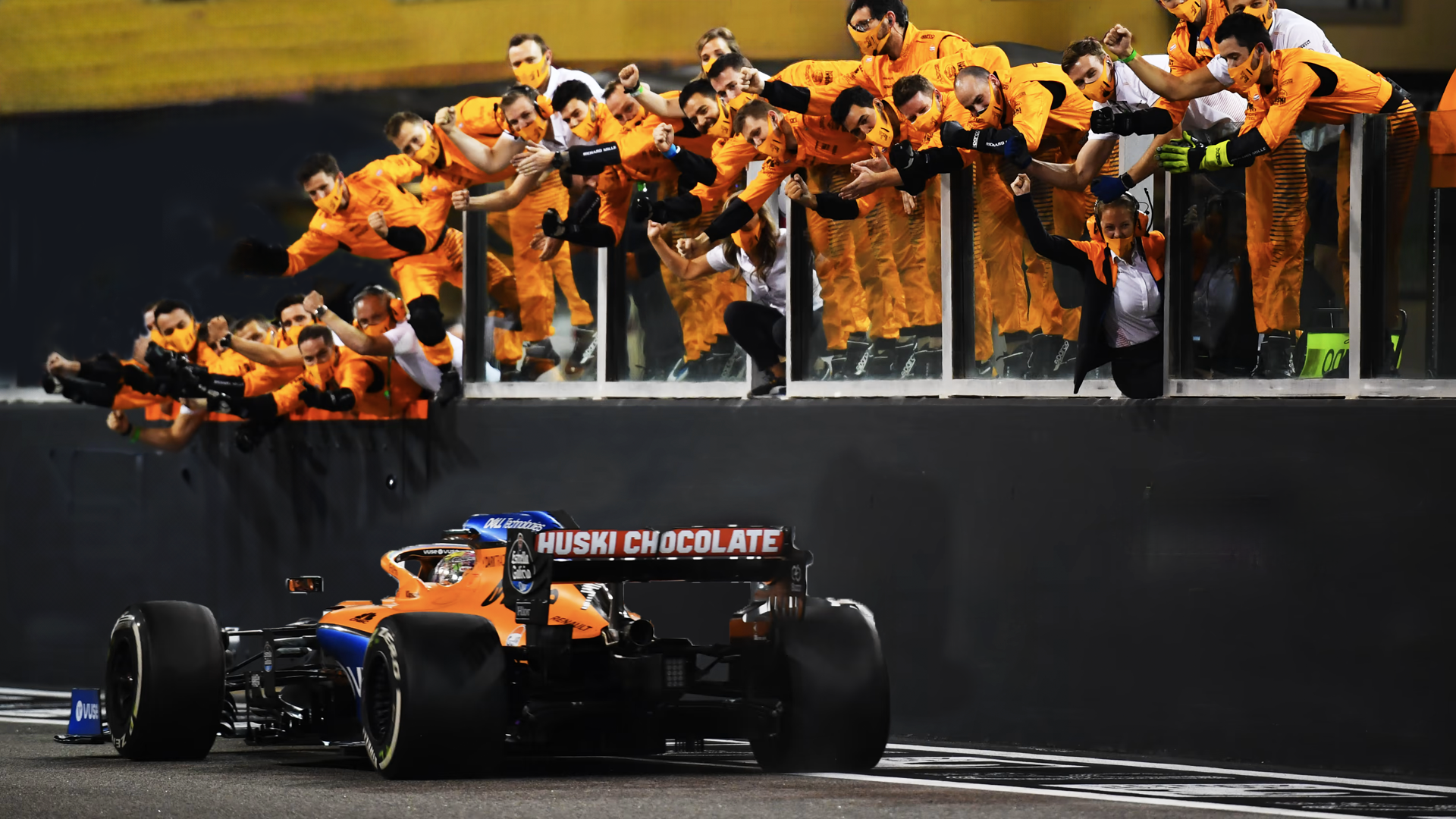
Breaking into motorsport, particularly in Formula 1, is a dream for many engineering enthusiasts. Yet, with only around 7,000 F1 team positions and an estimated 10,000 jobs total in F1, the path can be challenging.
So, what does it take to get there? We’ve compiled insights from over 50 industry professionals to help you understand how to stand out and secure your place.
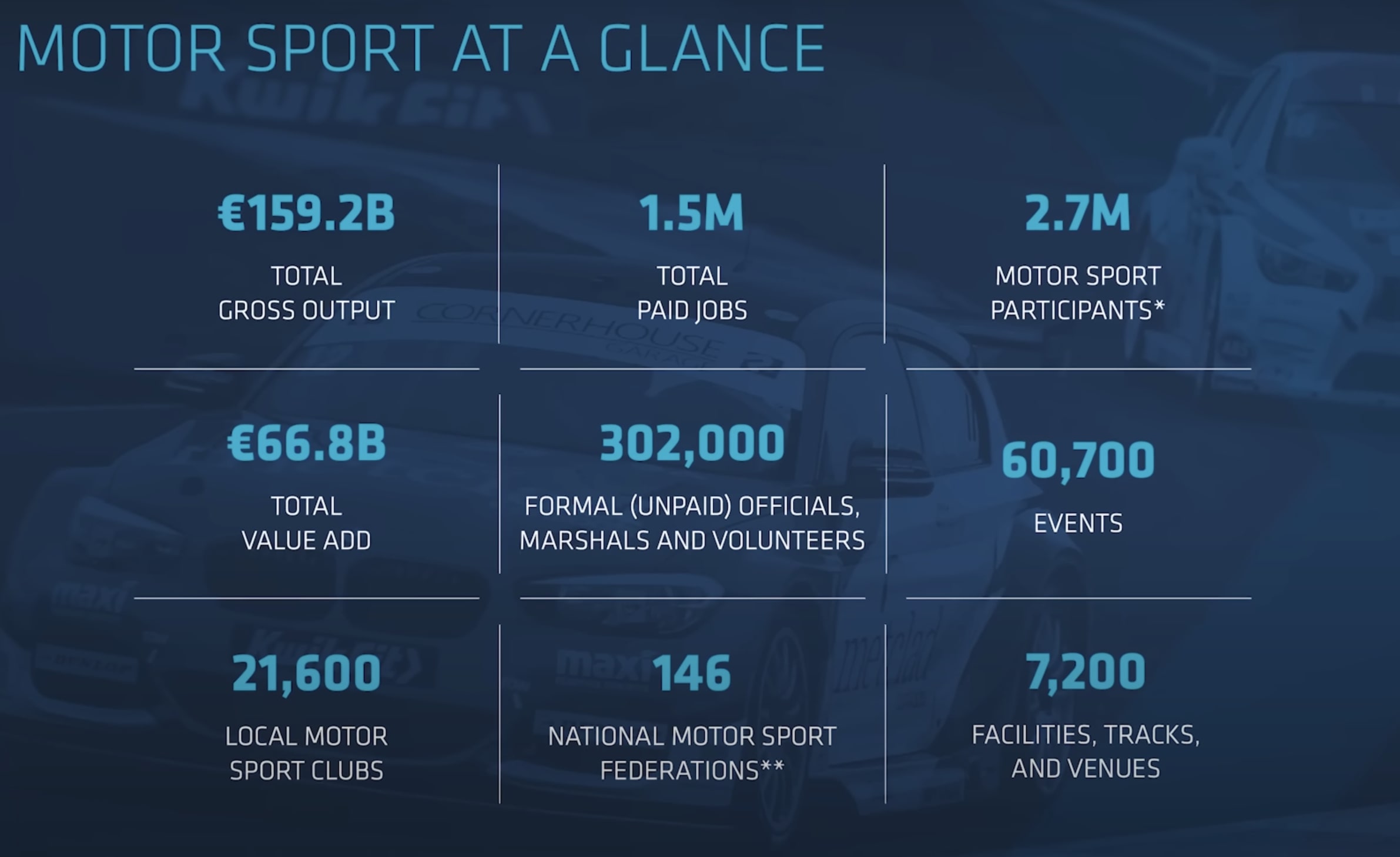
Start by Defining Your Role
When thinking about motorsport, especially F1, many envision race engineers or mechanics. However, teams are made up of varied departments beyond engineering. In the largest teams, like Mercedes, Red Bull, and Ferrari, around 1,000 staff contribute to success, while smaller teams like Haas employ around 250.
F1 careers span design, aerodynamics, mechanical and electrical engineering, data analysis, production, logistics, PR, finance, and more.
Finding your niche is crucial. For example, 20-25% of team members may work in design and aerodynamics, while 15-20% focus on mechanical and electrical engineering. Deciding which field aligns with your skills and interests is the first step toward building a targeted career path.
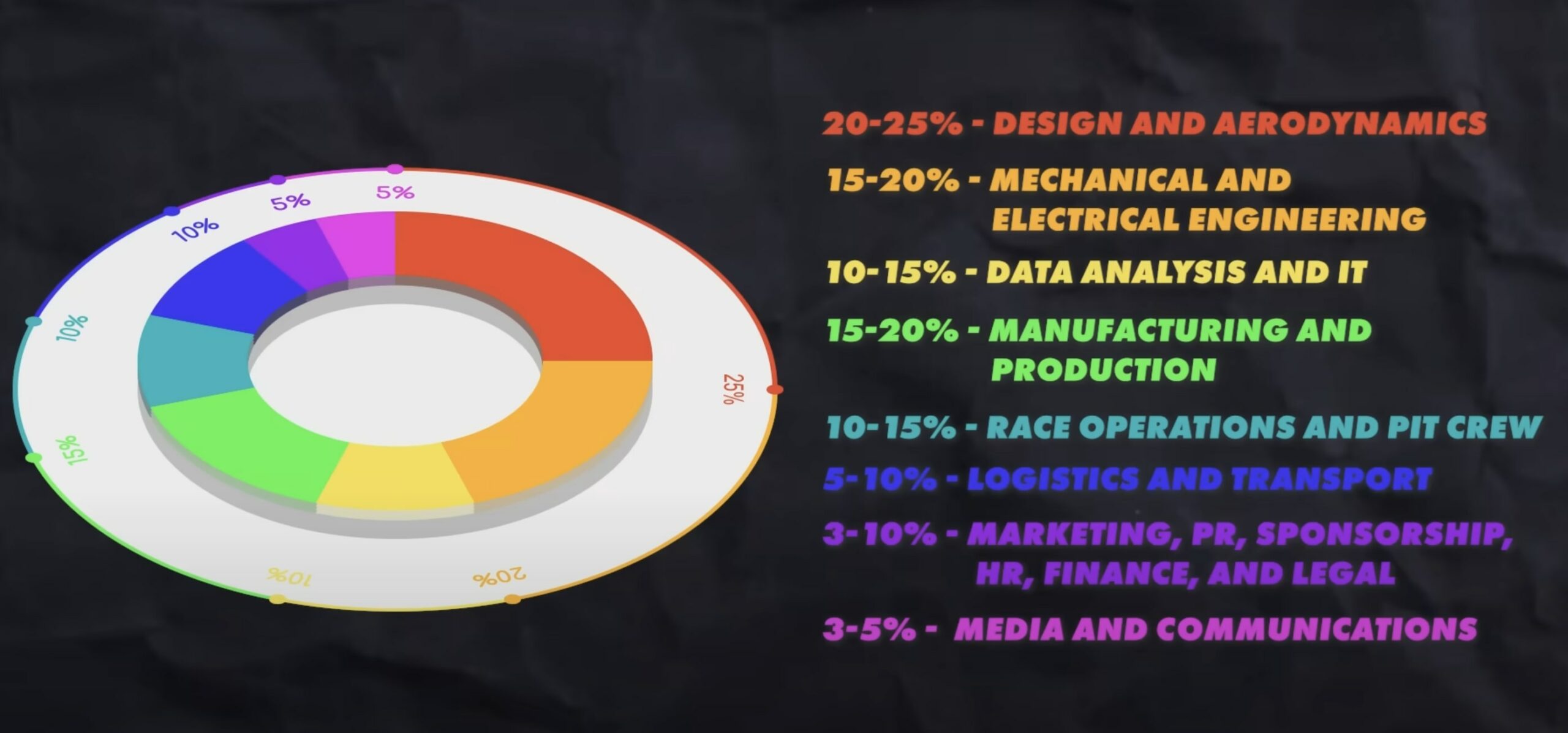
The Power of Passion
A genuine passion for motorsport is vital. It might sound simple, but the glamour of the industry can fade quickly once you’re traveling and working long hours. Many of those who thrive are driven by a deep love for motorsport that helps them endure the rigors of the job. Oliver, a McLaren Applied engineer, advises aspiring professionals to “find where your passion and core skills overlap.”
Skills and Education Matter
The qualifications needed depend on the role. Data analysts, race engineers, and aerodynamicists typically require university degrees. However, other roles, such as those in hospitality or marketing, may not require formal education but value practical experience. Assess what education or training you need early on to streamline your entry into motorsport.
And if formal education isn’t feasible, start where you can, focusing on gaining experience. Roles within lower motorsport levels, karting circuits, or club racing events often serve as stepping stones. Building knowledge on a foundational level can be invaluable.
Making Connections and Gaining Experience
Experience is a competitive edge, and getting hands-on in the field is key. Volunteering is highly encouraged; any exposure to the motorsport environment helps you stand out to employers. Whether it’s assisting on a track or working at a local go-kart circuit, these experiences are often noticed.
If you’re in university, consider joining a Formula Student team. Many employers value Formula Student experience as it demonstrates a dedication to motorsport beyond academics.
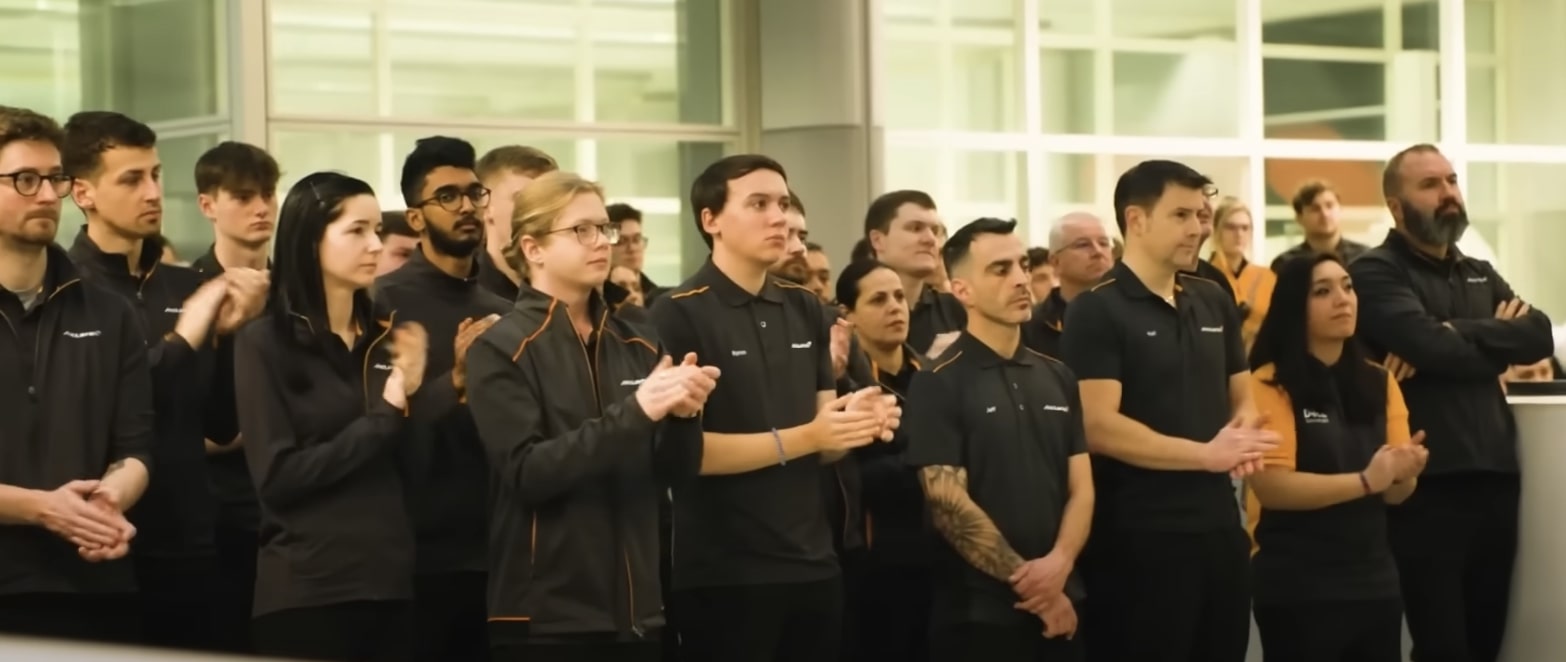
Starting Small and Growing Your Network
Most successful F1 professionals don’t start directly in F1; they build up in smaller series and national-level teams. Smaller teams offer a great environment for hands-on experience, often providing more opportunities to gain a variety of skills. Cold calling, emailing, or offering help to smaller teams can open doors to entry-level positions.
Networking, both online and in-person, is also essential. Visiting race circuits, especially during open paddock days, is an excellent way to meet team members and explore opportunities. Social media platforms like LinkedIn are equally valuable for building your motorsport presence and networking with industry professionals.
Building an Effective CV
A well-structured, single-page CV highlighting relevant experience and passion for motorsport is essential. Customise your CV based on the region’s norms, and include outcomes of your past work to demonstrate your initiative and achievements.

Preparing for Interviews
Thorough preparation can make all the difference. Do your research on the company and role, and be ready to answer questions that show how you handle specific situations. Many candidates also prepare presentations or proposals to demonstrate how they could add value to the team – this initiative often makes a lasting impression on interviewers.
Persistence and Patience
A motorsport career requires resilience. Many professionals in high positions today started in lower roles, gaining experience over several years. If Formula 1 is your goal, building a path within lower tiers of motorsport is an invaluable way to grow. With persistence, dedication, and a passion for the industry, a successful career in motorsport is within reach.
For those ready to start, Driver61’s own Fluid Jobs website and tools like our career preparation platform offer practical advice to prepare for this challenging and exciting field. Visit Fluid Jobs to find current opportunities and set up job alerts that align with your motorsport ambitions.



